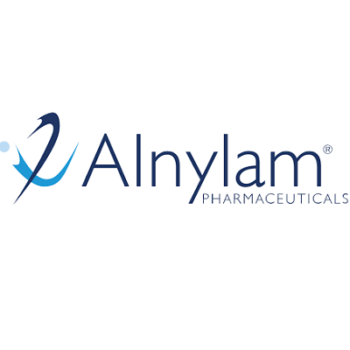
PARP Inhibitor Approved by FDA for Breast Cancer Patients with BRCA Gene Mutation
- Posted by ISPE Boston
- On January 18, 2018
The FDA has expanded the approved use of AstraZeneca’s Lynparza to include the treatment of patients with certain types of breast cancer that have spread and whose tumors have a specific inherited genetic mutation. This makes Lynparza the first PARP inhibitor to be approved for breast cancer; and the first time any drug has been approved to treat certain patients with metastatic breast cancer who have a BRCA gene mutation. Patients are selected for treatment based on an FDA-approved genetic test from Myriad called the BRACAnalysis CDx.
Lynparza is a PARP (poly ADP-ribose polymerase) inhibitor that blocks an enzyme involved in repairing damaged DNA. By blocking this enzyme, DNA inside the cancerous cells with damaged BRCA genes may be less likely to be repaired, leading to cell death and possibly a slow-down or stoppage of tumor growth. Lynparza was first approved by the FDA in 2014 to treat certain patients with ovarian cancer.
“This class of drugs has been used to treat advanced, BRCA-mutated ovarian cancer and has now shown efficacy in treating certain types of BRCA-mutated breast cancer,” said Richard Pazdur, M.D., director of the FDA’s Oncology Center of Excellence and acting director of the Office of Hematology and Oncology Products in the FDA’s Center for Drug Evaluation and Research. “This approval demonstrates the current paradigm of developing drugs that target the underlying genetic causes of a cancer, often across cancer types.”
Breast cancer is the most common form of cancer in the United States. The National Cancer Institute at the National Institutes of Health estimates approximately 252,710 women will be diagnosed with breast cancer this year, and 40,610 will die of the disease. Approximately 20-25 percent of patients with hereditary breast cancers and 5-10 percent of patients with any type of breast cancer have a BRCA mutation. BRCA genes are involved with repairing damaged DNA and normally work to prevent tumor development. However, mutations of these genes may lead to certain cancers, including breast cancers.
This application was granted Priority Review, under which the FDA’s goal is to take action on an application within 6 months where the agency determines that the drug, if approved, would significantly improve the safety or effectiveness of treating, diagnosing or preventing a serious condition. (Source: FDA Website, 12 January, 2018)



0 Comments